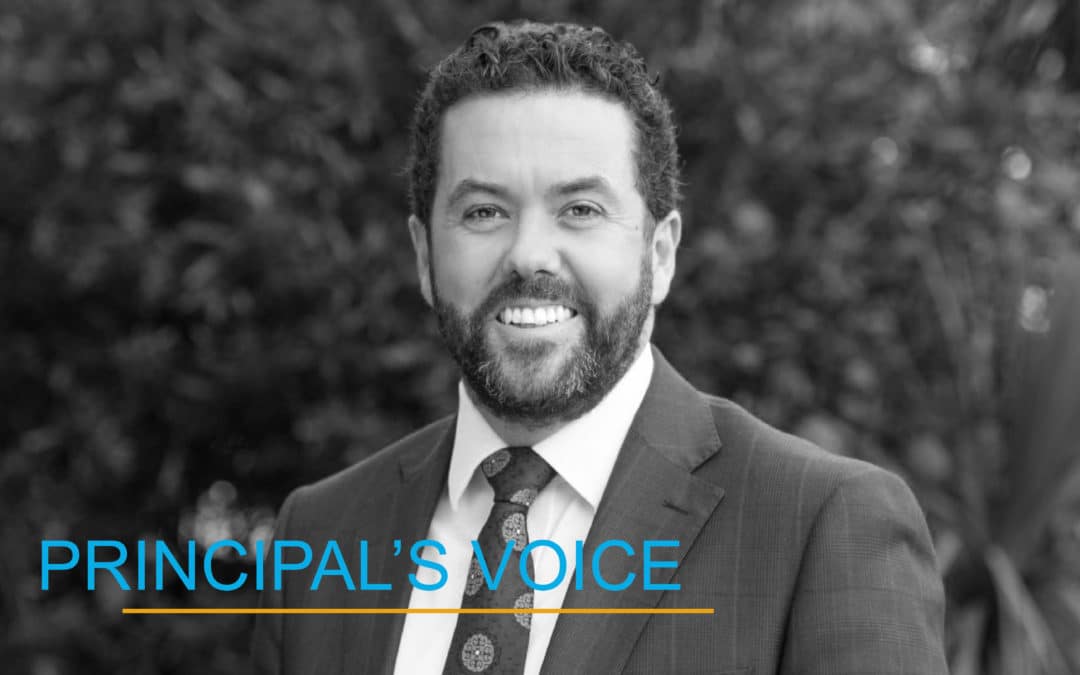“The grass withers and the flowers fall, but the word of the Lord endures forever.”
– Isaiah 40:8
“Trust grows at the speed of a coconut palm but falls at the speed of a coconut.” Caribbean proverb
Trust is when we place hope or confidence in others. It’s when we believe in the character or truthfulness of others. Trust grows slowly but effectively as we exercise it, but declines rapidly when breached, as the Caribbean proverb so beautifully illustrates.
We have an inbuilt longing for truth and trust. We long to be trusted, and we place a high value on those we can trust. Trust exists on the bedrock of truth. Without truth, there can be no real trust.
Trust is a short-cut; it alleviates the load of having to forensically examine everything that we hear. Those we trust we take at face value. Trust enables us to do more and be more with less stress and anxiety. It establishes foundations for our relationships on common, shared ground.
From time to time, however, all of us have a flexible relationship with the truth. It’s easier to edit our stories. We decide what we think others need to hear. Sometimes the truth is too painful for us. Sometimes we think it is too painful for others.
Parents and teachers alike can find themselves in situations where we must weigh multiple different stories of one event. Sometimes people, including students, find themselves trapped in a story and unsure how to get out. In these situations, we encourage them that the only way out is through and the easiest way out is the truth.
This week I came across an article in Psychology Today about uncovering deception. While it was, perhaps unhelpfully titled “The Psychology of Deception: Asking Questions to Spot Liars”, in my mind, its ideas might be more thoughtfully rebadged as “Helpful Ways to Uncover the Truth”. LINKED ARTICLE
Here are its seven key ideas, repurposed for having the right conversations, conversations that will help establish truth as the bedrock for the trust we need and value in all our relationships.
- Ask the right sort of questions – keep them open ended
- Make every question count – each question should move you towards understanding the truth
- Be tactical – asks questions about what you know for sure to establish a baseline
- Listen rather than talk – take time to listen, think and understand. Ask as few questions as possible.
- Be conversational and inquiring rather than formal and accusatory – it works better
- Include some questions that switch between the past and present – it is mentally demanding
- Ask clarifying questions – it helps to see if the story is straight
These approaches can be weaponised and become about the “gotcha” moment of catching people out. Used well, they can also help reluctant truth-tellers to get to the truth. If not, at the very least, they can provide clues to the careful listener that levels of trust may need to be recalculated.
No truth, no trust. Know truth, know trust.
Tim Watson
Principal





